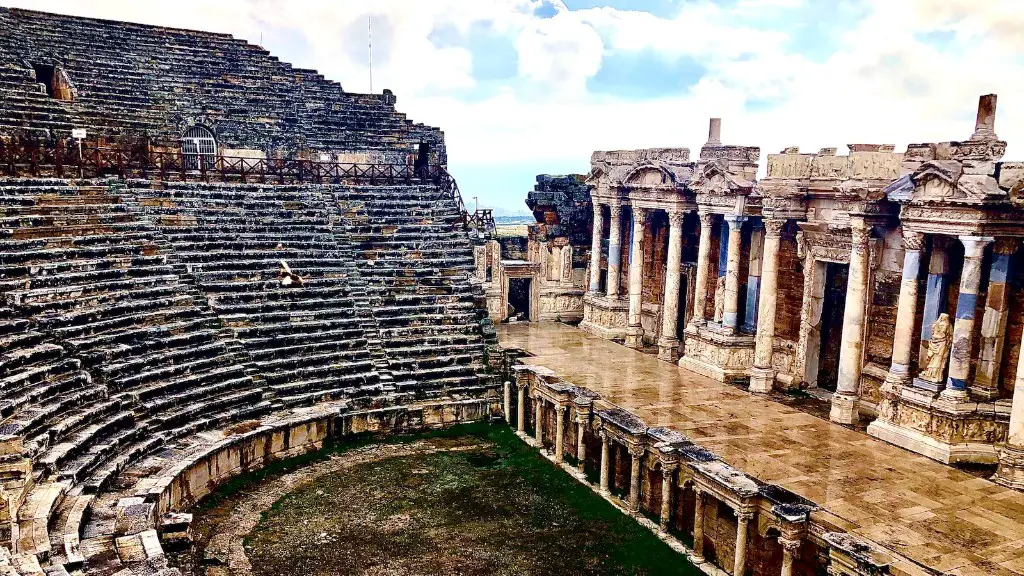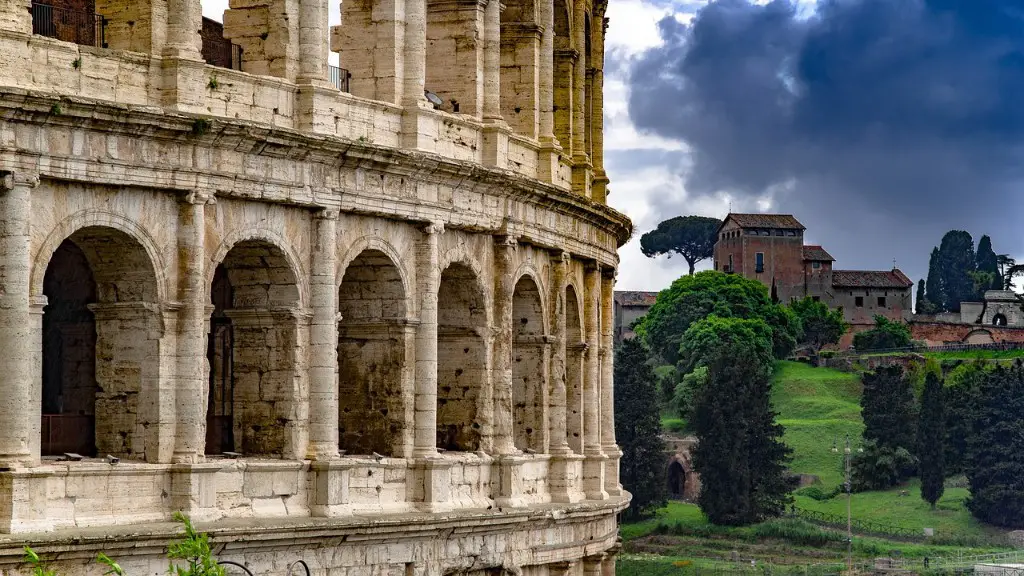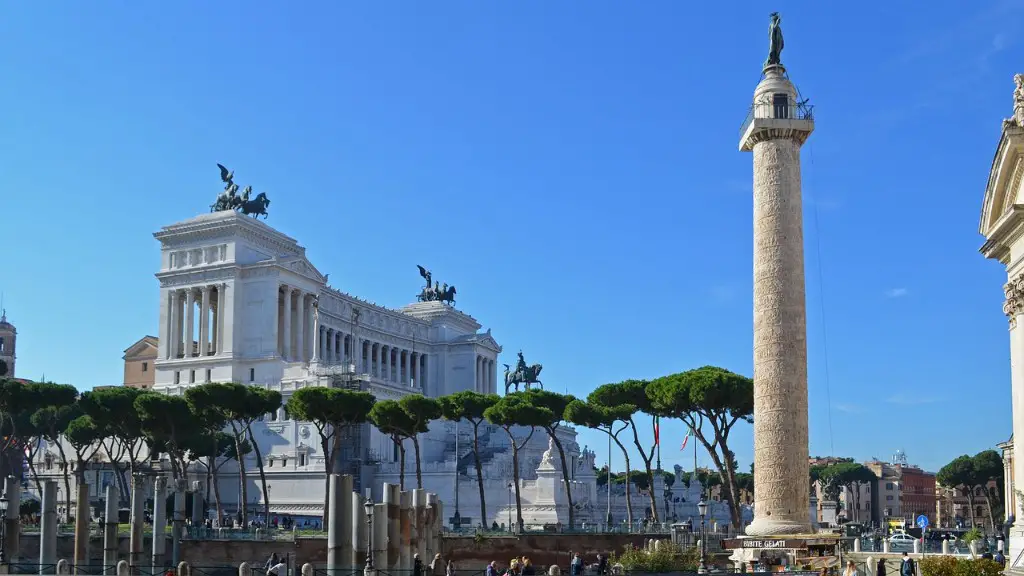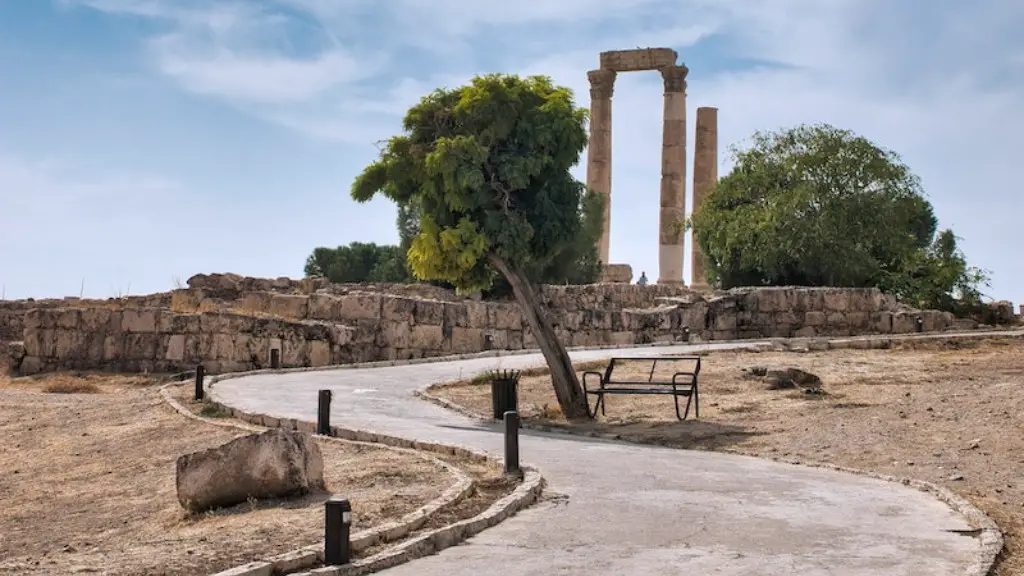Ancient Rome had a well-organized government structure inherited from their Etruscan predecessors, which included a system of assemblies in the cities and in the rural areas. The Roman assemblies were divided into two distinct categories: the curiate assemblies and the centuriate assemblies. The assemblies were instrumental in providing the foundation of an organized and representative system of governance in Rome.
The major role of the Roman assemblies was to ensure that the citizens of the Republic had a voice in their own governance. The assemblies enabled citizens to deliberate on matters of importance and express their opinions on any subject concerning the welfare of their country. Assemblies also provided a platform for citizens to make decisions concerning the future of their Republic. The decisions made by the assemblies were binding, and the government was expected to adhere to them.
The centuriate assemblies were composed of men of the same age group who were organized by classes. The lower classes had the burden of taking up more of the workload. The curiate assemblies, on the other hand, were organized by family ties. This made it easier to track their histories, as the families were able to serve as a reference point whilst gathering to express their collective opinions regarding affairs concerning their country.
The assemblies played an important role in the election of officials. During the early years of the Republic, the electoral responsibilities were given to the Centuriate Assembly. However, as the Republic grew more powerful and complex, the electoral responsibilities were also given to the Curiate Assembly. Subsequently, citizens were given the opportunity to vote for their representatives, thus enabling them to have a say in their country’s affairs.
The assemblies also had the responsibility of imposing laws upon the citizens. The assemblies had the authority to pass laws, which the government was bound to follow and the citizens were to abide by. Most of the laws that were passed were designed to protect the citizens of the Republic and ensure that their rights were maintained. This provided a safety net for the citizens, as they were certain that their rights would not be violated by the government.
In addition to its role in the governance structure, the assemblies also acted as an avenue for members of the Senate to pass new laws and amendments. Such amendments were voted on by the assemblies, and the government was expected to adhere to the will of the people. The Senate also had the responsibility of keeping the people informed about important news concerning the Republic, and this was done through resolutions passed in the assemblies.
The assemblies were also an important venue for the citizens and their elected representatives to express their views on matters concerning the welfare of the Republic. Through these assemblies, citizens were able to voice their concerns and have their voices heard by the government. This ensured that the government was kept accountable and the citizens were able to air their grievances and protect their rights.
Military
The assemblies also played an important role in the Roman military. These assemblies elected the consuls, who were the highest ranking officials of the Roman military, and also elected other officials to command the army. Assemblies were also used to settle disputes between Roman citizens who had served in the military, as well as between military officers and civilians. This enabled the military to remain unified and maintain discipline throughout the country.
The assemblies also had the responsibility of overseeing the recruitment of soldiers and providing them with supplies. In addition, they had the duty of ensuring that all Roman soldiers were paid on time and that their needs were met during their service in the military. This ensured that the Roman military was ready to face any threats and to defend the Republic throughout its long and tumultuous history.
The assemblies were also instrumental in providing support to the Roman military during times of war. They were responsible for organizing supplies, sending troops to battle and raising funds for the military. This enabled the Roman military to be well-equipped and to fight effectively during times of war.
Legacy
The legacy of the Roman assemblies is still evident today in modern government systems. In Italy, the assemblies are still used to elect the mayor in each city and for carrying out elections for other positions in the government. The assemblies have also been replicated in other countries such as France and the United States, where they are used to pass laws and enact amendments to the constitution.
The role of the assemblies in ancient Rome was pivotal in establishing a system of governance that allowed citizens to participate in the political process and ensure that their voices were heard. This created a sense of ownership among the citizens, who felt that they had a say in their own governance and that their views were respected by the government. This legacy can still be seen in modern democracy, as citizens across the world have the power to choose their representatives and have a say in the governance of their countries.
Conclusion
The role of the assemblies in ancient Rome was vital in creating an organized and representational government that allowed citizens to participate in the political process and ensure that their voices were heard. The assemblies played an important role in the election of officials, passing laws, and providing support to the military. The legacy of the assemblies can still be seen today in modern government systems as well as in other democratic countries.



